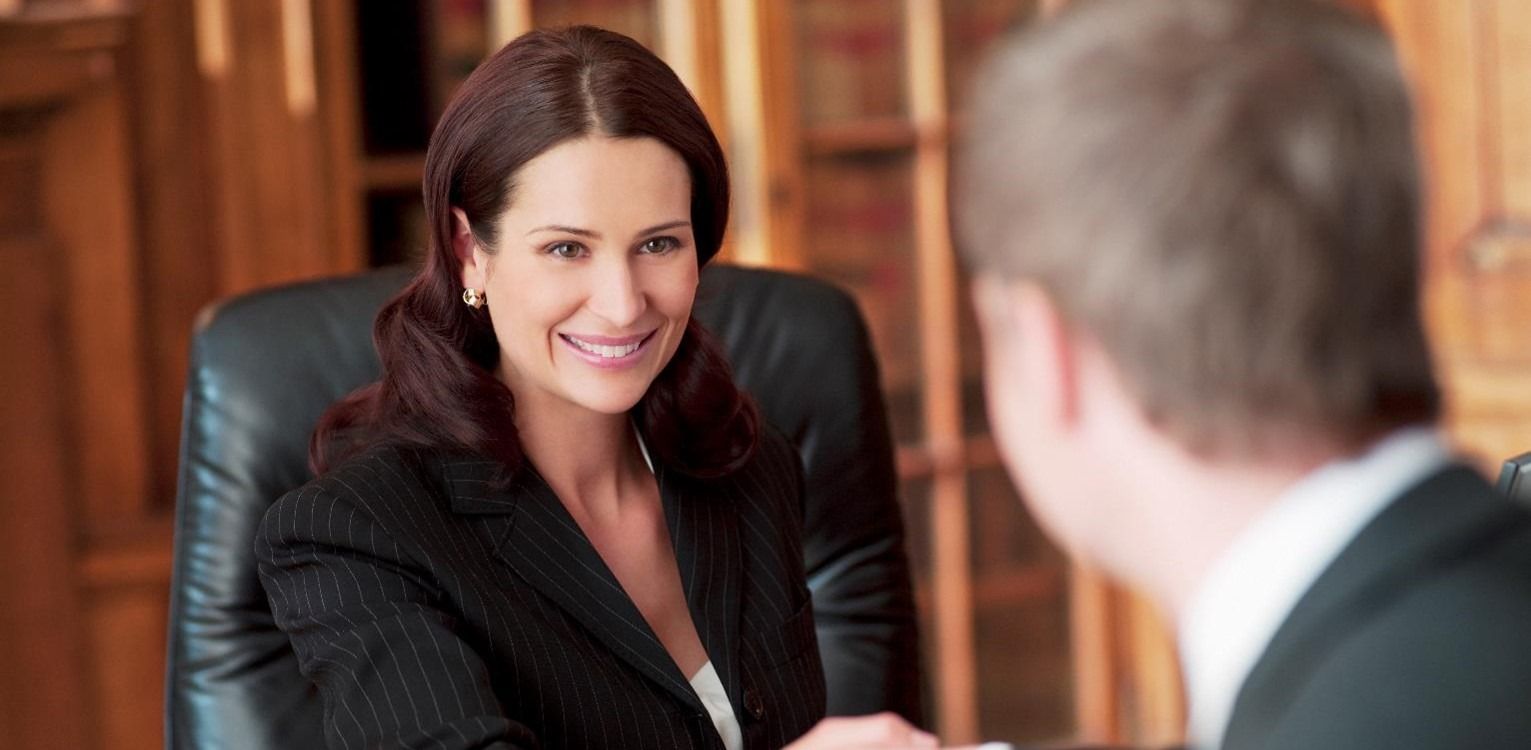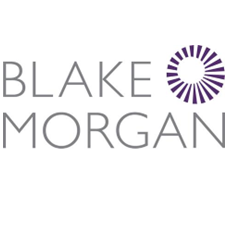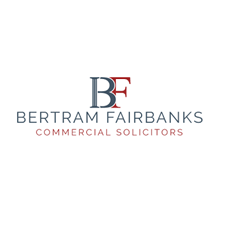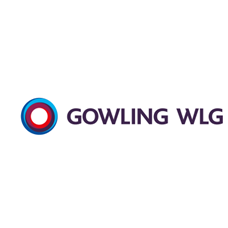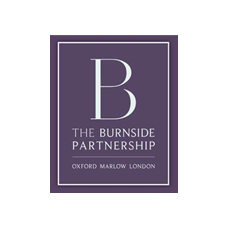1. Your questions must help you achieve your goal
In asking your questions, you’re seeking either to impress the interviewer with the depth of your research or your shared experience, or you’re seeking information you can use to show the interviewer how perfect you would be for the job. If a question does not serve either (or both) of these goals, it generally should not be asked.
Good topics to ask about are:
- The organisation: It’s strategic goals, any challenges they are facing, why the interviewer(s) enjoy working there, their most significant recent developments in the firm/organisation, etc
- The working conditions: What opportunities for career development are offered, how is performance evaluated, etc.
- The process: What happens next, how many people are being interviewed, do they fill open positions from within the firm/organisation first, etc.
Avoid asking questions that have been answered for you during the interview as you will come across as being inattentive and have poor attention to detail. Do not ask anything you should already know from details they have sent you. It is usually best to avoid questions about salary as these will be covered off by your recruitment consultant or at a second stage of the process.
2. Avoid asking questions that are too direct
While there is certain information about the employer you simply must know in order to make an informed career decision, there are some things that you can’t find out about by asking a direct question.
An example of this would be asking “Do you regularly expect your lawyers to work long hours on a regular basis?” Asking indirect questions such as: "Are there any expectations as to the number of hours a first-year associate is expected to work at your firm?” would be a better way of getting this information.
3. Avoid questions about the firm’s weaknesses
Even if you think you can phrase them in a positive way, questions such as "Tell me, how is your firm handling that massive legal malpractice judgment that was brought against you?” is going to go down like a lead balloon!
More tactful ways to handle these questions are to phrase them like: "How does your firm handle quality control as a general matter? Is there much close supervision of associates in the early years?" These questions are more neutral and will yield a better response.
4. Ask questions that make you look great!
Generally speaking, questions that play to the interviewer's special interests or current activity go down very well. You should find out as much as you can about the firm/organisation before arriving for an interview. Most have websites and are also happy to send information to candidates. You can also search the legal press for a more objective view. You should try to get a feeling of the ethos of the firm/organisation - what are their buzz words, do they put most value in ambitious, confident people, or instead prefer communicative team players?
Your questions can be researched by having a look at the firms “about us” webpage, social media, or researching any news about cases/mergers that pertain to them online. The answers to these questions could be irrelevant to the position you’re applying for, but they will show the interviewer you have done your homework and are genuinely interested.
5. Good interview questions
The key to asking good questions is to memorise the question so that you can introduce it naturally and gracefully during the interview. You will be able to find a plethora of websites that give good question examples that you can try or you can go onto video-sharing sites like YouTube to get free video tutorials. You should feel free to change them to your own style of speaking and your own interests. Use your recruitment consultant to help you practise the obvious questions. At Chadwick Nott we run regular interview preparation sessions with our lawyer candidates.
Some examples can include:
- “If I were to start working in this position today, what sorts of projects would I be working on?”
- “When you think about your practice and where it's going, what sort of things are you happiest about?”
- “If you could narrow it down to one thing, what do you think is the key to success in this position?”
6. Remote interviews: how do they differ?
If you’re doing a remote video interview for the first time, your considerations and questions might be different to what you’re used to. From preparing your tech to dressing to impress, this article about how to prepare for a video interview could be useful.
7. After the interview
The interview is also your opportunity to decide if you want to work for this law firm, so think about what you've learned and your overall impression of the firm.
Think about the questions the interviewer asked. Were you satisfied with your answers, or could you do better next time?
If they do not contact you by the agreed time, or if it's been more than two weeks since the interview, contact your recruitment consultant to check the situation. If you haven't been successful, do not hesitate to ask for feedback.
For a confidential discussion on career opportunities, please visit our jobs page or contact a member of the Chadwick Nott team.
